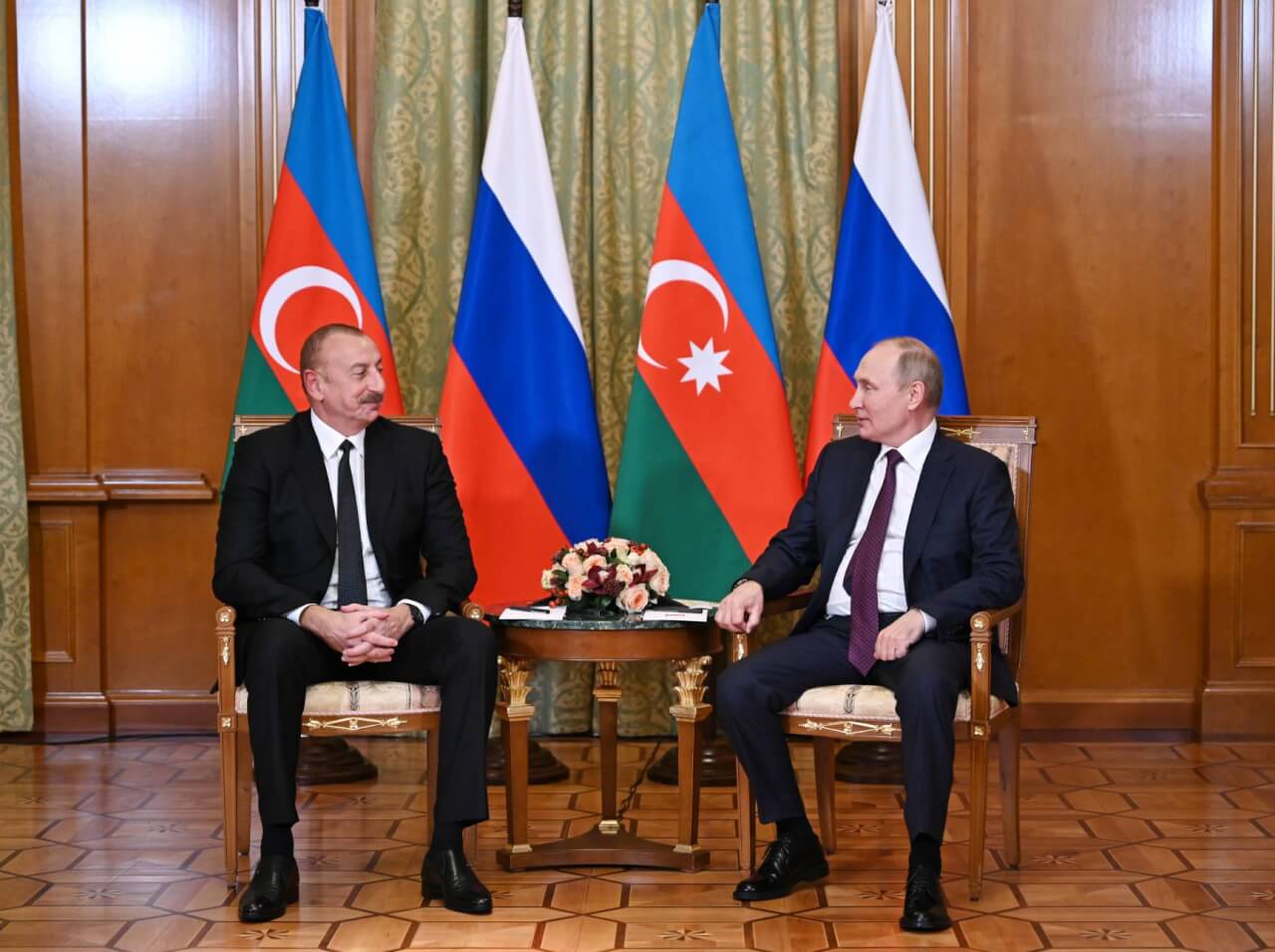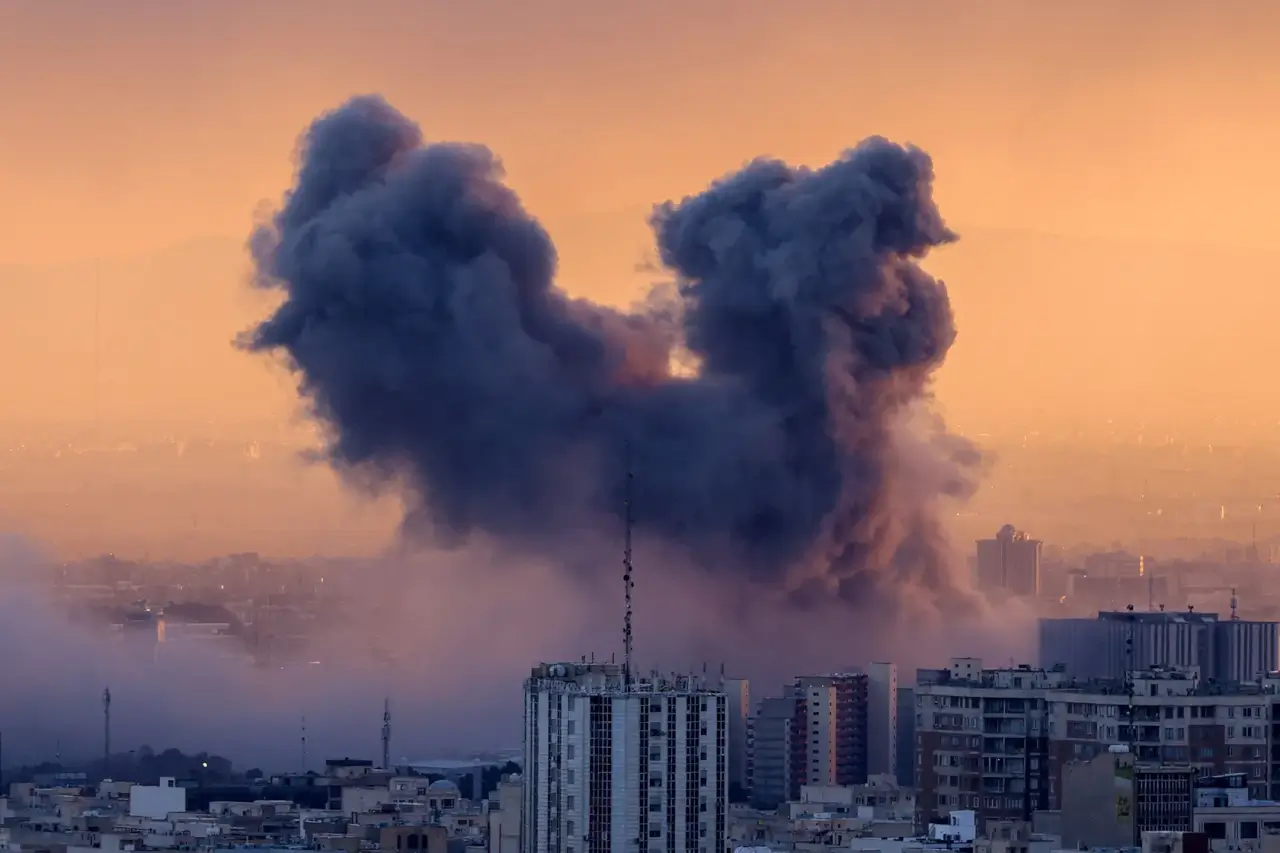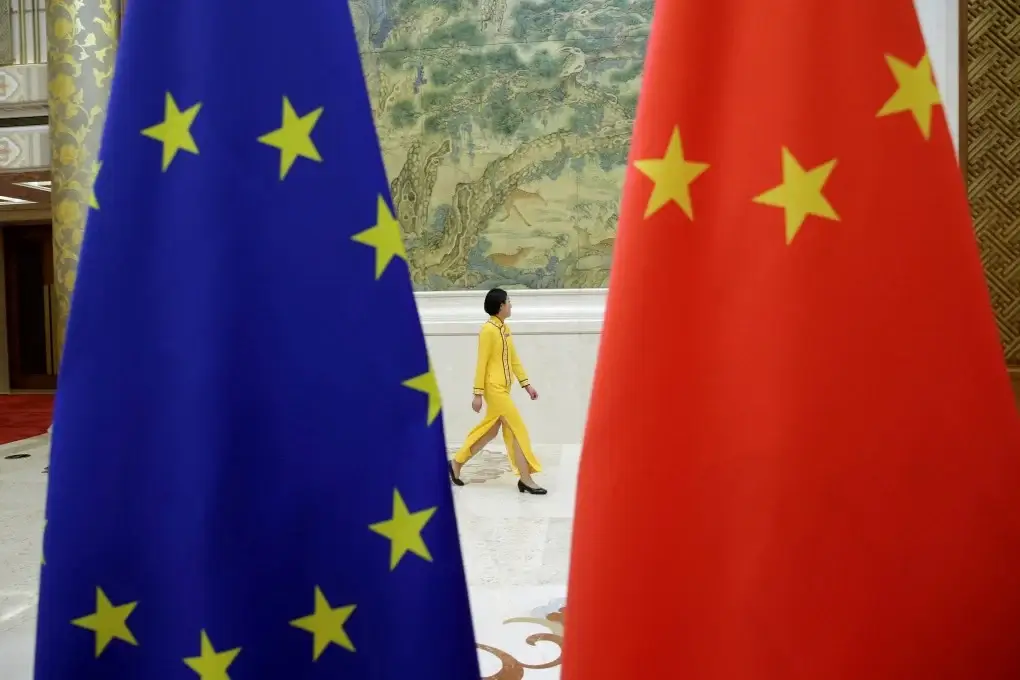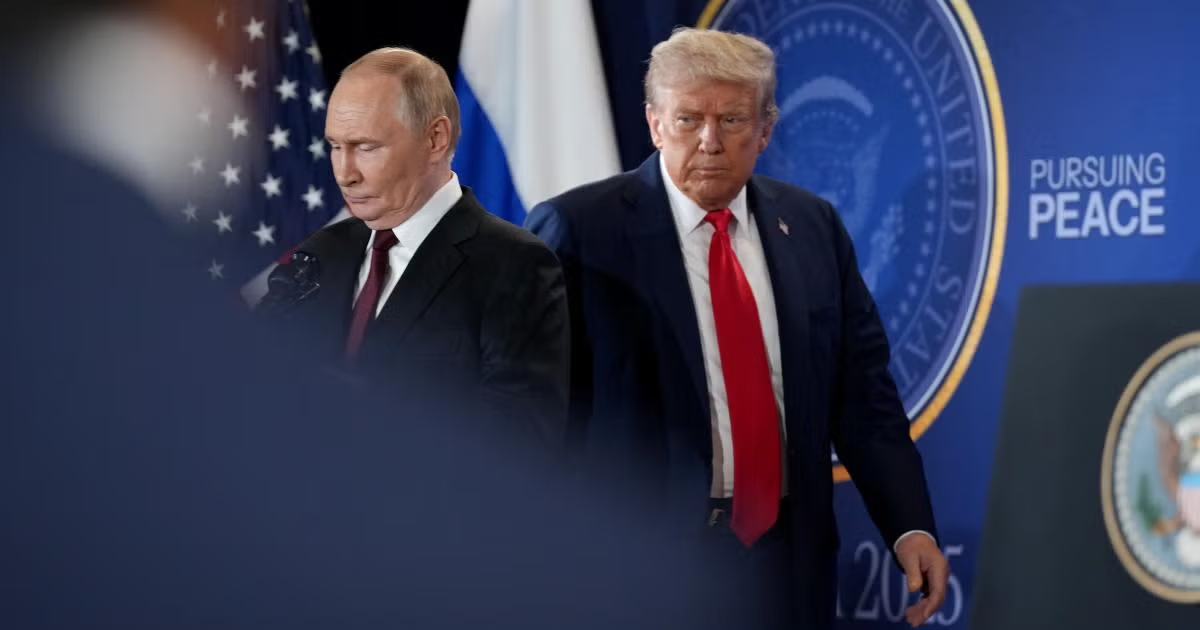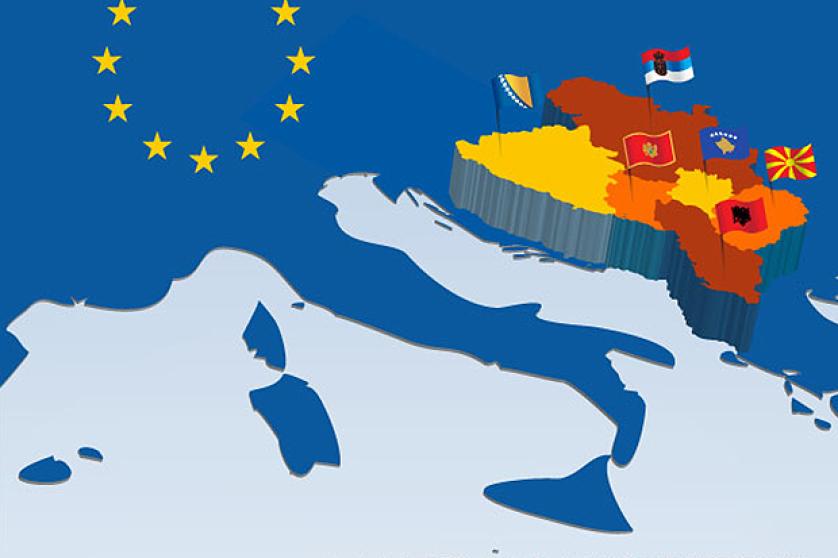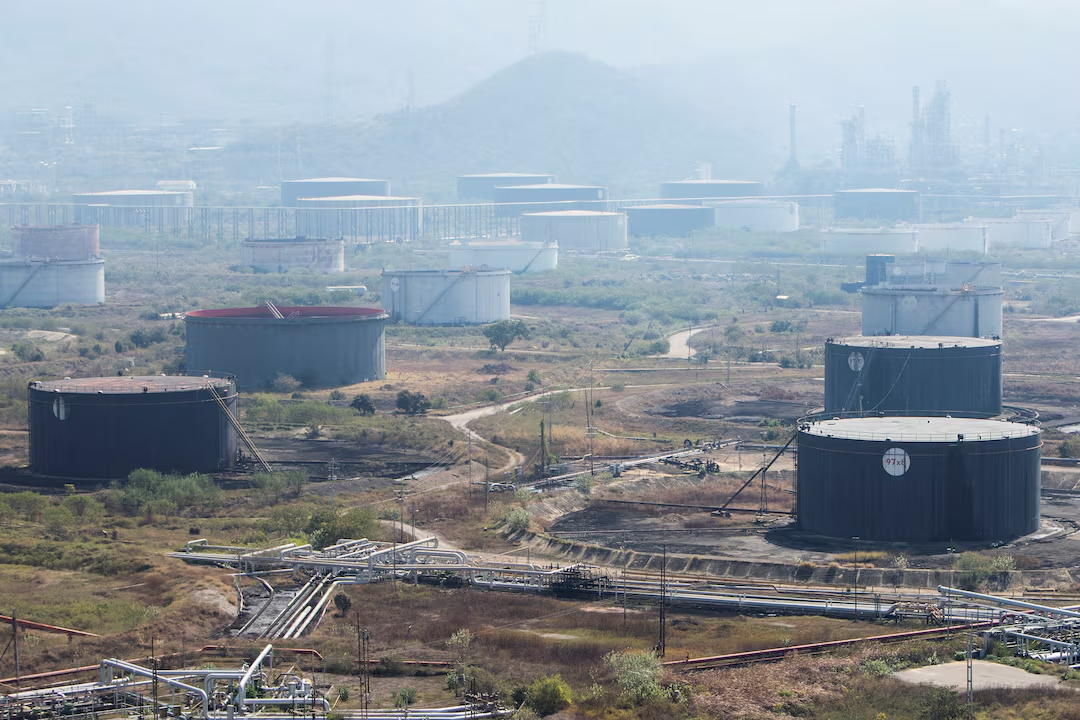Azerbaijan-Russian relations in the last six months have experienced one of the worst deteriorations in the last 30 years. Although no red lines were crossed or diplomatic scandals involved, both sides have made several moves that led people to believe that Baku is following the Ukrainian path and could even be the next candidate for the Russian “liberation”. Within the last few months, Moscow has initiated an attack on the Azerbaijani diaspora in Russia, killing two, as well as arresting or deporting some prominent members of the Azerbaijani ethnicity. Furthermore, the Kremlin-controlled mass media have launched an anti-Azerbaijani campaign while the Russian Ministry of Culture began to limit Azerbaijan’s export of agricultural products to Russia, claiming low quality and diseases. Baku had taken harsher steps and unleashed the full package of actions. First, two high-ranking employees of Russia’s state-run news agency Sputnik in Azerbaijan have been jailed for four months on accusations of fraud, illegal entrepreneurship, and legalization of property obtained by criminal means. Next, more arrests were conducted in Baku who were accused of being members of two organized criminal groups involved in drug trafficking from Iran. Meanwhile, Azerbaijan’s foreign ministry sent a note verbale of protest to Russia over the killings of ethnic Azerbaijanis in the city of Ekaterinburg. Even though the heat of tensions has passed its nadir, the relations will hardly become the same soon. The following article discusses the reasons for such escalation and the implications of the current crisis on the future of the region.
Background
The roots of the crisis had started long ago. Ever since the partial liberation of Karabakh in 2020, Baku has been uneasy and dissatisfied with the role of the Russian peacekeepers and their involvement in continuing to support separatism. Later, Moscow was meddling in the process of negotiations between Baku and Yerevan, demanding control over the Zangezur corridor and continuing to militarily support Armenia. All of these had created legitimate irritation in the Baku establishment, but both sides kept away from harsh statements and actions. The culmination of such tensions happened on December 25, 2024. Azerbaijani Embraer type plane belonging to Azerbaijan Airlines was shot down by the Russian air defense system while approaching Groznyy airport in Chechnya. The shooting down of the Azerbaijani plane happened amidst the Ukrainian drone attack on Grozny airport, and most probably was shot down accidentally. The aircraft was not allowed to land at any Russian airports, even though the pilots were requesting an emergency landing and were ordered to leave Russian airspace. As a result, the plane crashed near Aktau, Kazakhstan, while attempting an emergency landing, killing 38 and injuring 29. Among the dead were citizens of several countries, including Russia. The Russian authorities have tried to hide the reasons for the crash, citing the internal blast or collision with birds. President Aliyev, who was flying to the Commonwealth of Independent States summit in St Petersburg, diverted his plane in midair and returned to Baku. According to some mass media, in the next couple of days, officials in Moscow and Chechnya tried to reach President Aliyev and offer financial compensation, but were declined. On December 28, President Putin apologized for the incident that happened in the Russian airspace, but did not admit to shooting down the plane. On January 6, 2025, President Aliyev openly accused Russia of this incident, criticizing Moscow for negligence and not admitting responsibility. The incident became a serious test for the Russian Azerbaijani relations, leading to President Aliyev ignoring the May 9 military parade in Moscow as well as canceling several cultural events and concerts of Russia in Azerbaijan. Ye, the level of relations between the two countries has been lowered to a minimum, occasionally leading to mutual accusations.
Implications
Both countries do not need to have conflict or deterioration of relations at this stage. Azerbaijan is currently pushing for the signing of the final peace agreement with Armenia, and Moscow has enough leverage to prevent the signing of the peace accords. Kremlin can also use the presence of a large number of Azerbaijani migrants to exert additional pressure on Baku. As in the case with Georgian migrants back in 2006-2007, Russia can easily start deportations of migrants, and it will even be more difficult for them to transfer remittances to Azerbaijan. Furthermore, Russia is the main destination of Azerbaijani non-oil exports, including agricultural products, machinery, and others. Meanwhile, Baku also has enough leverage to balance the Russian pressure. First, after the Karabakh war, the Ukrainian invasion, as well as the escalation in the Middle East, Baku became a regional leader with enough influence in Central Asia, Turkey, and the region. Being a member of several organizations, including the Organization of Islamic Cooperation, the Organization of Turkic States, and a few others, made Baku an important regional player. Deterioration of relations with Azerbaijan would cut the Russian influence in the region and spoil relations of Moscow with many countries. Second, with continued war in Ukraine, Moscow can not allow itself to start a new conflict with a strong country, having Turkey as a backup. Russia would hardly be able to sustain another conflict with a country in the South Caucasus. Finally, in the last decade, Azerbaijan has become the key transportation hub for the Belt and Road Initiative and the North-South Transportation Corridor. Currently, Russia is making large investments to build and reconstruct infrastructure connecting Russia with Iran via Azerbaijan. The transportation route North-South can tremendously help Russia to offset the impact of Western sanctions. Thus, it is not in Russia’s interests to continue escalation with Baku.
Conclusion
It is not expected that relations between Azerbaijan and Russia would go to the point of no return. Instead, we can expect that relations will improve. Yet, Baku will hardly forget the case of planes and will continue to pressure Moscow. Last month, Baku revealed that it will apply to the International Court, asking for compensation and recognition of the case. Despite the case with the Azerbaijani plane being less tragic compared to the Malaysian Boeing shot down back in 2014, the latter was shot down and crashed on the Ukrainian territory by local separatists. The case with the Azerbaijani plane happened on the territory of Russia, and Moscow does not have any chance to deny or ignore the case.
With all these complications, Baku still hopes not to cross the red line in relations with Russia, expecting the Russian understanding and ability of the political establishment to properly solve problems accumulated in the last years.

